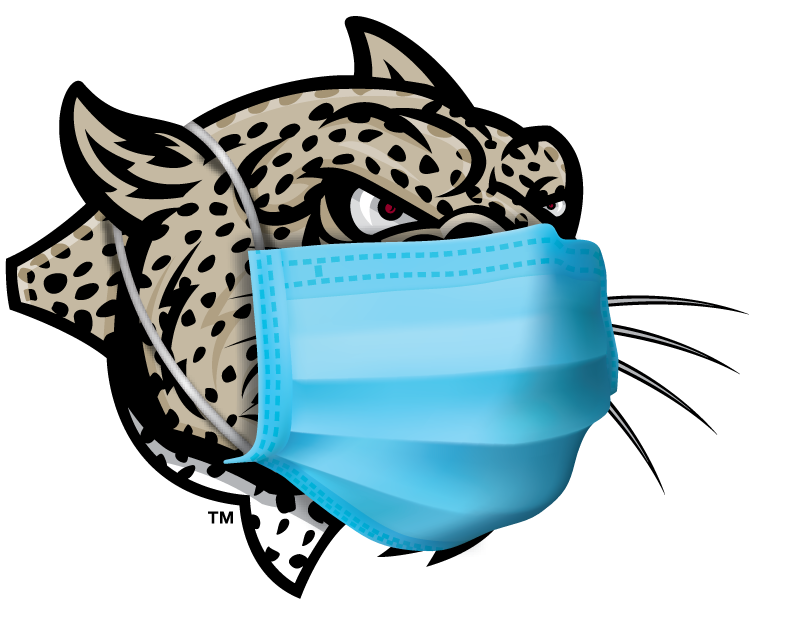Pennsylvania Department of Education – Health & Safety Plan
Updated Aug. 7, 2020
Lafayette College will have approximately 25 percent of the student body living on or near campus in a combination of residence halls and College-owned and privately owned apartments. There are no in-person classes. Faculty may elect to teach from their classrooms or offices and conduct research, including individual research with students. While staff in student support services, dining, facilities, the health center, and public safety are anticipated to be on campus intermittently, many appointments and interactions will be held virtually. Our safety plan, outlined below, contains elements similar to those we would put in place with a higher density of students on or near campus.
A strategy on how the institution will coordinate with local public health officials, or the equivalent of;
The College physician maintains frequent communication with state and local public health officials as well as with both local hospital networks regarding infiltration of the disease in the community and medical advice. If a positive COVID case is discovered within the campus community, the College physician will coordinate with local and state health officials.
A strategy to safely resume a limited, on-campus presence;
In-person classes will not be held this fall. All classroom instruction will be remote.
The strategy to safely return a small portion of our population to campus includes mandatory use of PPE, testing, contact tracing, symptom checking and a public health campaign promoting physical distancing and related health strategies. Adequate isolation spaces (both on- and off-campus) have been allocated for use to mitigate the spread of disease. Quarantined students will receive instructions on how to safely quarantine in their assigned room.
A decision to send students home would be based on several variables, including but not limited to our ability to provide adequate healthcare, the number of cases, etc.
A strategy to monitor health conditions on its campus community;
All students will be tested for active COVID upon their return to campus; faculty and staff are expected to participate in appropriate testing programs. Any members of the community who come to campus are required to participate in daily symptom checks. A random testing program for students will be deployed to identify clusters of disease and to rapidly isolate and quarantine impacted individuals to slow the spread of illness.
A strategy to mitigate and contain the spread of the virus on campus, and to inform the Pennsylvania Department of Health in the event that transmission occurs at the institution;
The mitigation strategies include daily symptom checking; deploying various testing mechanisms as appropriate, including testing for active disease at both the population level and for monitoring; rapid on-site testing for all symptomatic individuals; antibody testing where warranted; training and supporting contact tracers to rapidly identify any members of the community who may have been exposed; and isolating those who test positive and quarantining close contacts of those who test positive. The Department of Health will be kept apprised of all active cases and the impact of the individuals or contacts in the community. Detailed instructions regarding worker safety protocols with a confirmed case of COVID-19 can be found here.
A strategy to communicate accurate and timely information to students, faculty, staff, and the communities it serves;
Weekly updates in Lafayette Today will keep members of the community informed of general disease rates on campus.
Reinforce practices related to hygiene, sanitation, and face coverings on campus;
A public health promotional campaign emphasizing wearing masks, hand washing, and keeping spaces sanitized will be launched. The campaign will feature posters, brief articles, videos, and social media messages. Staff and students will be provided training on the proper use and care of masks, and all members of the community who return to campus will be provided with two cloth masks.
Implement social distancing interventions and make the modifications to facilities that may create an environment conducive to healthy, safe, and inclusive learning;
Signs that indicate masks are required and outlining other physical distancing measures have been installed in all campus buildings. Density in dining halls and other facilities students will use has been reduced. An inspection and modifications to building ventilation systems have occurred.
Review and adjust attendance requirements, absentee policies, and non-essential travel for students, individuals at high risk of COVID-19, and personnel;
Modify course modalities, schedules, and academic calendars to adapt to changing transmission levels and community spread of the virus;
All courses for the fall semester will be delivered remotely.
